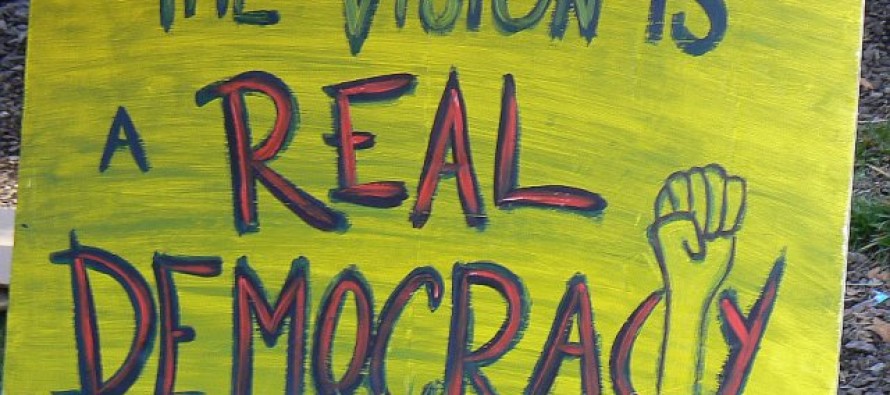Cross Talk: Our wobbling democracy written by Mohammad Badrul Ahsan

EARLY this month, after an unruly mob torched two launches on the Buriganga, police cases were filed against 30,000 people. Three days after the eruption on Dhaka University campus last August, 42,000 people were charged with disturbance of peace and vandalism across the country. Recently, the remains of a security guard have been recovered from the wreckage of Rangs Bhaban, five months after the building collapsed. Since mass indictment is the order of the day, I have been thinking about it for some time. Why not sue the 150 million people of this country and then indict this government?
So, the people of this country should be accused of insensitivity, if not complicity. There should be a strong case against them for witnessing gruesome deaths, and doing nothing. They knew that people were still trapped inside that building, yet there was no protest, no vigil, nary a noise. It can be argued that if those people were still alive, whether they would have lived if promptly rescued and taken to a hospital.
But then, it can be also argued that some of the victims were still breathing, numb with pain they must have hoped in some lucid moment that rescue was underway. They must have been thirsty and hungry, desperately thinking of their loved ones in that diabolical darkness between destruction and death. Who is to blame for it, if not the government?
Why not, if it happened when the building was being torn down at the behest of the government? So, the government should have organised quick rescue, and, at the same time, punished those who were guilty of gross negligence. It was the government’s responsibility to explain why so many lives were lost under its watch.
Then there was the softer side. We send flowers to the sick and dying, and visit them at hospitals. We send condolences to bereaved families and attend funerals. These are essential gestures, which show that we are at least capable of caring even though we may not be able to prevent the inevitable.
So far I remember, nobody from the caretaker cabinet went to Rangs Bhaban to show that gesture, to show that they were sorry such a catastrophe should have happened.
I know accidents happen all the time. But what happened in that building was more venal than accident, more tragic than death. It was atrocity committed by the authorities, laced with stupidity, at once an evidence of how little we know and how little we care.
In more civilised countries, when janitors mop the building floors, they put out the "Wet Floor" sign. The purpose is to caution visitors, so that if anyone trips on the slippery floor the building can’t be sued.
Those who died in Rangs Bhaban weren’t there for a visit. They had come to demolish that building as labourers and guards, and they had come with certain knowledge of occupational hazard. But were they adequately warned? Did they know at which stage the stripping of that building was going to tilt its load distribution?
These are the things which should have been looked into by an investigation. Did the contractors know these things? Why did they allow those workers to spend the night inside that precarious building? At the end of the day, someone has got to be guilty of not having done his job.
I don’t mind that the price of life has been settled in money and livestock. If commodities are priced according to brand names, human beings are no different. A business tycoon is said to have paid Taka 21 crore to protect his son who had killed his business partner. It may be the same colour of blood running in the veins inside, but people are discriminated on the basis of who they are outside.
That explains why democracy didn’t work for us. If the people are worth nothing, how can their governments be more precious? Candidates buy votes. Governments buy lives. The rich buy everything. In the incessant bargain to auction the dignity of people, democracy has become an empty word.
Hence, my humble submission to the enthusiasts of democracy. Nothing will happen until people are elevated to their rightful place. If we want a government of the people, which isn’t always the same thing as a popular government, then people must come first. If thirteen lives were lost in a building demolition, it wasn’t so much about loss of life. More people die in road accidents or boat capsizes in any given month.
It’s more about accountability, which redounds to democracy’s discredit. The government left the bodies of its citizens rotting in the rubbles. Maybe it didn’t have the expertise or equipment to rescue people trapped inside a broken skyscraper.
At least it could have the strong will to find and punish those who were responsible for this disaster. Then compensation would have made more sense.
Democracy doesn’t save lives. It doesn’t heal wounds, cure diseases or resurrect the dead. It only ensures that under any circumstances, people are going to have their dignity intact.


